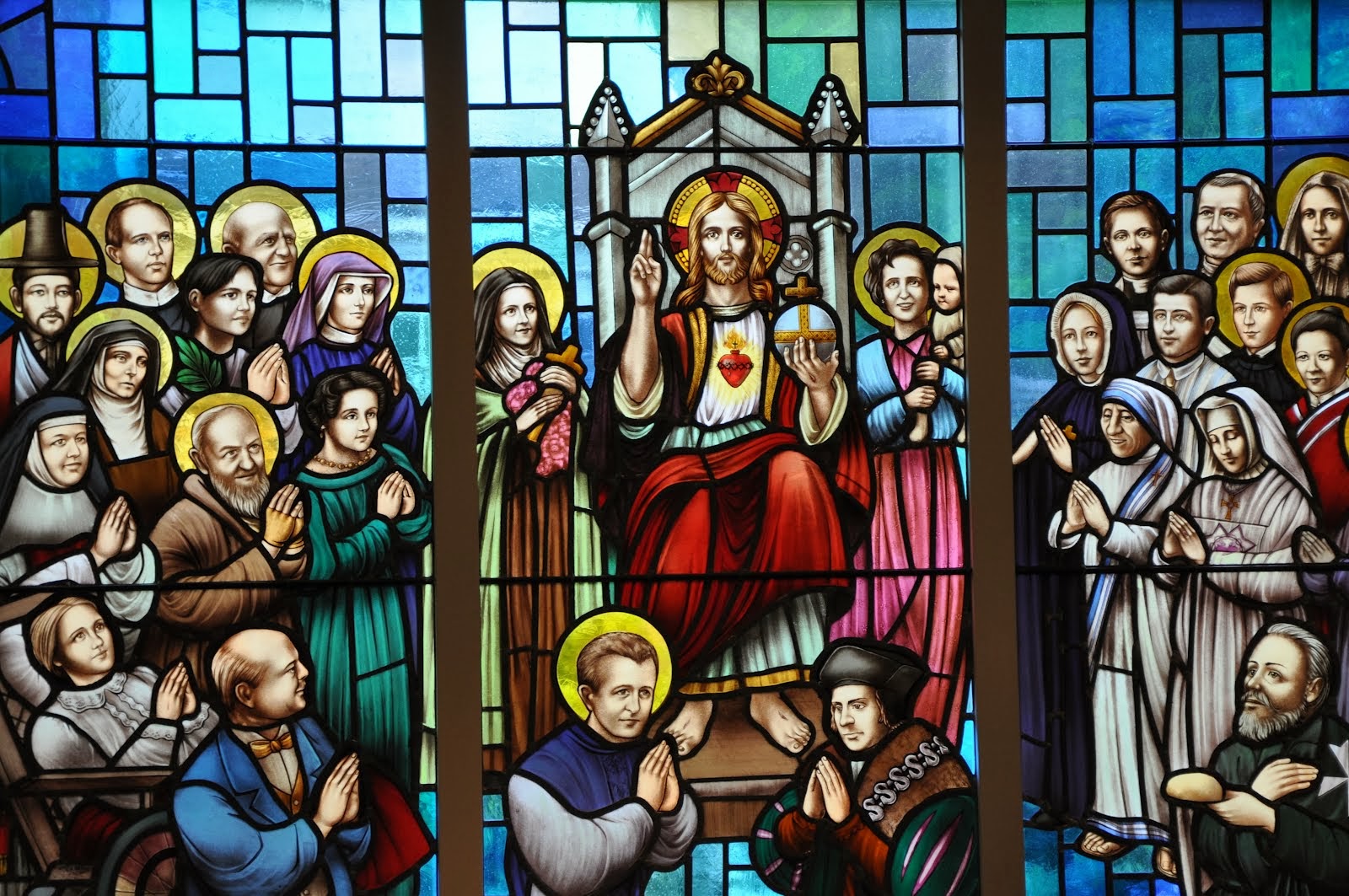
“They [the Montanist heretics] affirm that they are showing great reverence for God, to Whom alone they reserve the power of forgiving sins. But in truth none do Him greater injury than they who choose to prune His commandments and reject the office entrusted to them [i.e. to the priests]. For inasmuch as the Lord Jesus Himself said in the Gospel: ‘Receive ye the Holy Spirit, whosesoever sins ye forgive they are forgiven unto them, and whosesoever sins ye retain, they are retained,’ Who is it that honors Him most, he who obeys His bidding or he who rejects it?” St. Ambrose of Milan (4th century, Doctor of the Church)
“Let us not heed those who deny that the Church of God can remit all sins. Failing to recognize in Peter the ‘rock’, these unhappy souls have accordingly lost possession of the keys; they are unwilling to believe that the keys of the kingdom of heaven have been given to the Church.” St. Augustine (4th-5th centuries, Doctor of the Church)
“Let not considering the atrocity of any sin cause anyone to despair of the mercy of God. Nor still should anyone remain in his sins on the pretext of hoping for the mercy of God at death. But let a hopeful person confidently seek the harbor of penance without faltering so that his humility may avoid the deadly shipwreck of despair. And may he so love God’s mercy that, although fearful, he may also take into consideration His justice. Let him hope that everything can be forgiven him when he turns from his sin. But let him think that nothing is forgiven a stubborn person. Let the wicked person change his life now and he will not find punishment. Let him flee guilt and he will receive mercy.” St. Fulgentius of Ruspe (5th-6th centuries)
“Where there is confession, there also is beauty in the sight of the Lord.” St. Bernard of Clairvaux (11th-12th centuries, Doctor of the Church)
“Sweep your conscience clean with the broom of confession.” St. Thomas of Villanova (15th-16th centuries)
“See, my children, to receive the Sacrament of Absolution, we need three things: faith, which reveals to us the presence of God in the priest; hope, which enables us to believe that God will give us His pardon; charity, which makes us love God and fills our heart with regret for having displeased Him.” St. John Vianney (18th-19th centuries)
“Oh, you sinners who have not the courage to confess your sins because they are so numerous or so grievous or so shameful! Oh, come without fear or trembling! I promise to receive you with all mildness.” Bl. Francis Xavier Seelos (19th century)
“During the rioting of the passions and adverse events, keep in mind the dear hope of his unlimited mercy. Let us run with confidence to the tribunal of penance, where he waits for you at all times with the anxiety of a father; and although we are conscience of our debt towards Him, let us not doubt the solemn pardon of our sins. Let us bury them as our Lord has done.” St. Pio of Pietrelcina (19th-20th centuries)
“There is need of some judgment outside of us. A light on the deck which rolls with the pitching ship is no guide. It must flash from a white pillar founded on a rock immovable among the restless waves. God can save this world, but He can save it only one man at a time. There must be individual access to Him for the reception of forgiveness, as if He and I were the only two beings in the world. The people who are dragging their shame into a confessional box…have courage to face their own shame. It is the cowards who are running off to pillboxes, and to a thousand and one other escapes, who have not the courage to face that which has within themselves the possibility of great dignity.” Ven. Fulton Sheen (19th-20th centuries)
”God in His great mercy has instituted the sacrament by which the sins committed after baptism may be remitted. No human being would ever have thought of this sacrament of reconciliation for it is something like a resurrection; we rise after we are dead. It is a journey back again to God. It enables us to get rid of infections before they become chronic diseases and epidemics. It is a medicine for the soul, the healing of our wounds, a homecoming, an undoing of the past; an opportunity to get a fresh start in life, another bath, a kind of secondary baptism.” Ven. Fulton Sheen
“Confession is an act of honesty and courage; an act of entrusting ourselves, beyond sin, to the mercy of a loving and forgiving God. It is an act of the prodigal son who returns to his Father and is welcomed by Him with the kiss of peace.” Pope St. John Paul II (20th-21st centuries)
